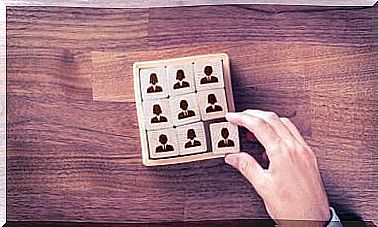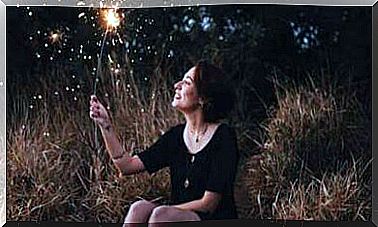Franz Alexander And Psychosomatic Medicine

Franz Alexander was one of the leading representatives of twentieth-century psychoanalysis. He is considered, with some reservations, the father of psychosomatic medicine and a pioneer of psychoanalysis applied to criminology. His was one of the most interesting contributions to Sigmund Freud’s classical theory.
Alexander achieved such prestige at the time that even Raymond de Saussure let himself be psychoanalyzed by him. The same happened with one of the sons of Sigmund Freud and Marianne Kris. In any case, Franz Alexander’s true fame came after moving to the United States, a homeland that gave him great notoriety.
Franz Alexander was a disciplined student of classical psychoanalysis. Over time, however, he left his mark on this current by distancing himself from various central concepts of Freud. His contribution to psychotherapy and psychiatry is still valid.
The beginnings of Franz Alexander
Franz Alexander was born in Hungary on January 22, 1891. He studied at the University of Budapest and at 22 he obtained the title of doctor. Later, he completed his training at the University of Göttingen and the Institute of Physiology in Cambridge, UK. During the First World War he served as a bacteriologist in the service of the Austro-Hungarian army.
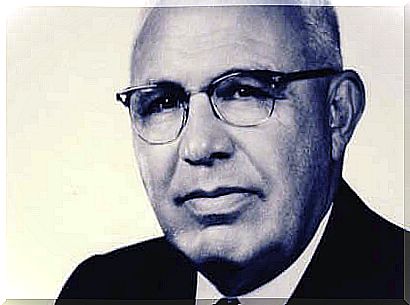
He later worked in the neuropsychiatric clinic affiliated with the University of Budapest. There he became acquainted and deeply interested in Freud’s work, and in 1920 he emigrated to Germany. In Berlin he proved to be the brightest pupil of the Institute of Psychoanalysis. He went into analysis with Hanns Sachs and became a full-fledged psychoanalyst. He then worked as a professor of psychoanalysis in the same institute.
In those years he published his work Analysis of the total personality , drawing the attention of Freud. Around 1930 he was invited by Robert Hutchins to work as a lecturer for the University of Chicago in the United States. Alexander accepted and shortly thereafter founded the Chicago Institute of Psychoanalysis, managing it for 25 years.
Psychosomatic medicine
With the presence of Franz Alexander, the University of Chicago became the first educational center in the United States to initiate research in the field of psychosomatic medicine. In the following years Alexander wrote a treatise on this science, one on psychoanalysis and another on psychotherapy. During the first world congress of psychiatry, celebrated in 1959 in Paris, he presided over the same fields.
Although Franz Alexander was not the first to apply psychoanalysis to medicine, he became the first exponent of psychosomatic medicine inspired by Freudian principles. In particular, he gained notoriety with his studies on gastroduodenal ulcers, demonstrating how this disorder derived from the lack of affection in childhood.
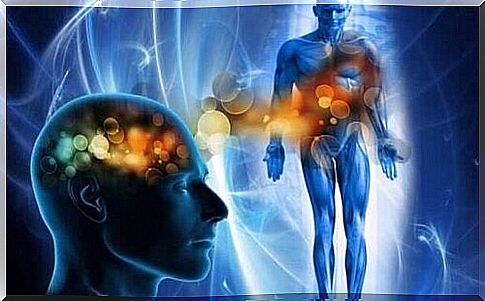
The incredible discovery of the influence of the unconscious on physical health led him to completely revise the method and duration of the analytic process. Furthermore, he came to define the difference between conversion disorders and psychosomatic illnesses, concepts that were not yet known in his day.
The second generation of psychoanalysis
Franz Alexander is considered one of the main exponents of the so-called second generation of psychoanalysis. It collected a large part of the contribution of Sandor Ferenczi. Many of his points of view were expounded in a work that has guided several generations of psychoanalysts and which is now considered a classic: Psychoanalytic Therapy .
Alexander also introduced the concept of corrective emotional experience, reformulating the attention model typical of psychoanalysis. It is based on four basic actions:
- To lead the patient to relive past situations that he has not been able to resolve, to face them in more favorable conditions.
- The patient must express himself freely and establish a transferential relationship with the analyst that is very different from the logic established with the parents.
- The psychoanalyst must help the patient by offering him a new perspective on past events.
- If the analyst is logical and healthy, the patient will be able to dismiss responses that are inappropriate for his reality.
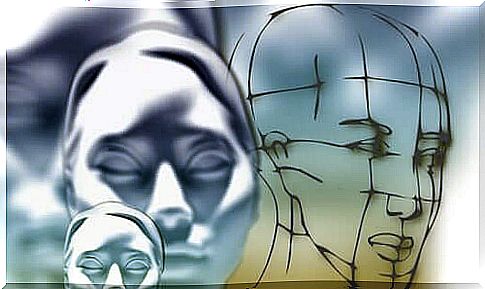
Franz Alexander took the side of short-term psychotherapy, or short-term psychotherapy, totally moving away from classical psychoanalysis. He also applied his analyzes to criminology, sociology, politics and aesthetics. He died in Palm Springs, California in 1964, also making his mark as a prolific writer and researcher.


